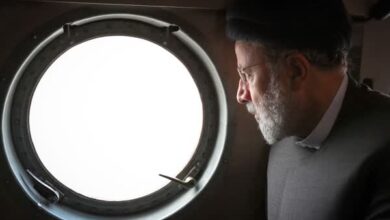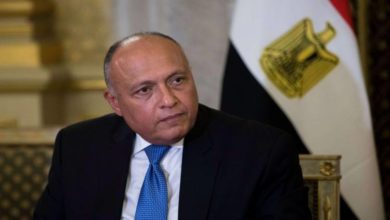
Ashraf AboArafe
The two Saudi astronauts, Rayana Bernawi and Ali Al-Qarni, embarked on their scientific mission aboard the International Space Station (ISS), inaugurating a historic stage for the Kingdom of Saudi Arabia in the space sector, by conducting 14 pioneering scientific and educational research experiments in the microgravity environment, including three educational experiments. Awareness, in which 12,000 students in 47 educational facilities in the Kingdom participate, in an interactive manner with astronauts via satellite, to contribute to building a new generation of Saudi leaders, explorers and scientists, and to achieving the Kingdom’s aspirations and the goals of Saudi Vision 2030 with regard to building human cadres and promoting a culture of research, development and innovation. .
The scientific experiments that the two Saudi astronauts will conduct include six experiments in the brain and nervous system, with the aim of studying the effect of the low-gravity and high-radiation space environment on the brain and nervous system in the space environment, to know the extent of human adaptation in spaceflight, and to understand its effects on human health, and to determine whether The trips were safe for the brain.
During these experiments, the functions of human vital organs and systems will be tested in a microgravity environment, such as measuring blood flow to the brain, evaluating intracranial pressure, electrical activity of the brain, and observing changes in the optic nerve. With the aim of making space travel safer for humans in the future, thus enhancing efforts to explore space.
The two pioneers, Rayana Barnawi and Ali Al-Qarni, will carry out four experiments in immune cells to study the response of immune cells to inflammation in conditions of a microgravity environment, and to study changes in the lifespan of RNA during the inflammation process by using an immune cell model to simulate the response of inflammation to drug treatment. Samples will be taken from the experiments. prepared aboard the International Space Station for analysis after returning to Earth and comparing the results. The results are expected to contribute to providing a better understanding of human health in space, and to reveal biomarkers or potential treatments for inflammatory diseases in both space and Earth together, based on biotechnology.
With the aim of improving researchers’ understanding of the rain-seeding technique, and improving rainfall rates in many countries, the two Saudi astronauts will conduct an experiment to make artificial rain, through the condensation of water vapor on atmospheric plankton and salt atoms in a microgravity environment, which simulates the cloud seeding process that is used in the Kingdom of Saudi Arabia. Saudi Arabia and many countries to increase precipitation rates, and the results of the experiment will help scientists and researchers to devise new ways to provide suitable conditions for humans, including the work of artificial rain, to live in space colonies on the surface of the Moon and Mars.
In addition to the scientific experiments, and to enhance the students’ knowledge awareness of space science and its contribution to improving the quality of life on Earth, the two astronauts will conduct three awareness experiments in which 12,000 students will participate interactively with the astronauts via satellites, and the students will be able to communicate with the Saudi astronauts directly, and conduct Their experiences simultaneously, in cooperation with the Ministry of Education, the King Abdulaziz and His Companions Foundation for Giftedness and Creativity “Mawhiba”, Riyadh Schools, and Misk Schools.
The flight of the two Saudi astronauts constitutes a major scientific achievement for the Kingdom, and represents the cornerstone of a sustainable program for space research. The results of the scientific experiments that will be conducted during the flight will enhance the Kingdom’s global position in the field of space exploration and service to humanity, and prove the role of Saudi research centers in making a scientific impact in this field. the field.




